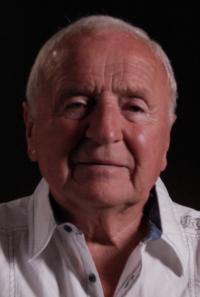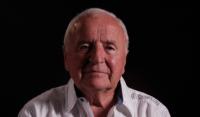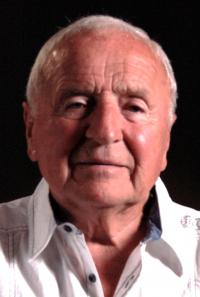There were fewer staunch Communists than us who didn’t like them

Download image
Václav Petr was born on 15 August 1935. His father, a tailor and Sokol chief, did not hide his dissatisfaction with the Communist regime in the 1950s, which caused him to end up in prison. After graduating from a chemical secondary school and working briefly at the Tatra Works, the witness took up employment at the Walter Works factory in Prague, which was later renamed to Motorlet. He worked in a laboratory, checking the material that was used to make aircraft parts. He spent all his following years at the Walter Works. He experienced May Day parades, supervision from the Soviet Union, but also the more pleasant side of life under Socialism: cheap company recreation and sports. He never joined the Communist party.


